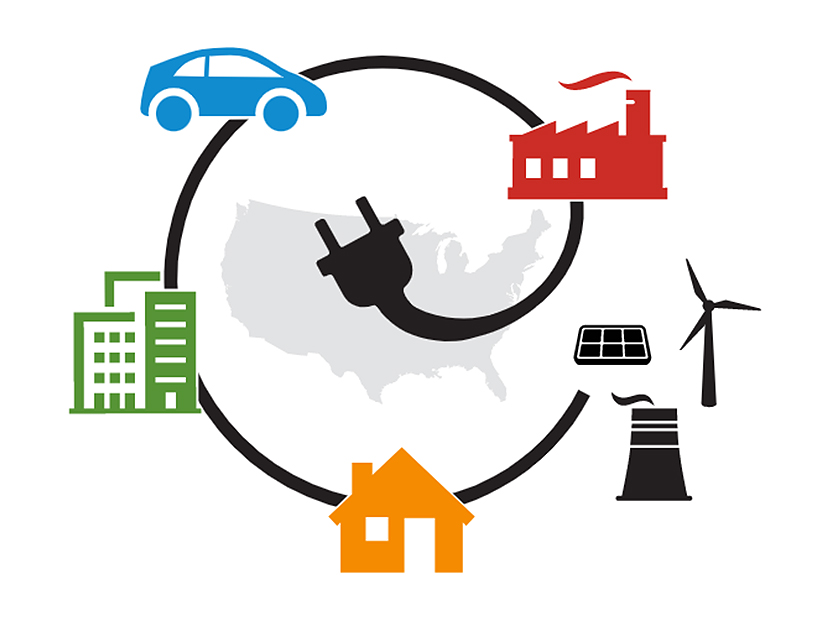 Kenneth W. Costello
Kenneth W. Costello
By Kenneth W. Costello
With deepening concerns over climate change, politicians, policymakers, electric utilities and environmentalists are advocating the idea of electrification: the replacement of fossil fuels with electricity for direct end uses like transportation and water and space heating. But most of these champions of electrification fail to consider its downsides.
Proponents want electrification to occur sooner than later, to be accelerated by subsidies and other governmental inducements. Some even advocate for mandated electrification and natural gas bans to avoid alleged climate catastrophe. Others point to the less lofty goal of revitalizing the electric industry, although electrification could cripple the natural gas and oil industries with significant job losses. Another group argues that electrification is already economical for end uses, like water and space heating. If that is true, why then do we need subsidies to induce energy consumers to switch to electric vehicles and heat pumps?
Many of the arguments supporting aggressive climate actions portray those actions as a free lunch. How could any reasonable person oppose them? Aren’t we facing a climate apocalypse that demands a full-court effort, regardless of the cost, to prevent it from happening? Anyone opposing electrification must be climate deniers or just plain wrongheaded. Proponents’ problem is that they view electrification at the 40,000-foot level, along with the false narrative that electrification can have more than a nominal effect on climate change.
Well, as with most things, there are two sides, and electrification is no exception.
Instead of artificially bolstering electrification with subsidies and mandates, which proponents of electrification would have us do, we should wait to see where electric technology takes us. Technology will determine the ultimate success of electrification — not subsidies and other governmental actions that are largely politically driven.
For electric vehicles, the challenges are still daunting: infrastructure investments — chargers, customer and utility upgrades in their distribution systems, rapid direct-current charging, education and outreach, range anxiety — limited battery storage capability, the availability of charging stations across the country and demands on the electric grid.
For heating, economics seems to be the toughest hurdle, as most electric heat pumps are only cost-effective in areas that have low electricity prices and moderate winters, at least in comparison to natural gas. Further technological improvements will make heat pumps more economically viable and markets — not government handouts — can best achieve that.
Whether energy consumers rely on fossil fuels or electricity for their transportation or space-heating needs comes down to a rational choice of what source of energy would best satisfy those needs. With few exceptions, consumers express their choices and make the best decisions for themselves.
We can say with confidence that accelerating electrification with government subsidies and mandates is a win-win for electric utilities and environmentalists but a loser for society as a whole.
The problem of new electric technologies subsidized by utility customers and taxpayers with only a distinct minority benefiting is hard to ignore, both politically and economically. It would likely have a regressive effect by disproportionately benefiting higher-income households while being funded by all income groups.
Before moving ahead with any action, policymakers should ask themselves what benefits electrification offers relative to the costs. It is unlikely that any justification would realize net benefits if the intent of accelerated electrification is solely to mitigate greenhouse gas emissions. It is somewhat puzzling, for example, why a state on its own, without cooperation from other states or the federal government or other countries, would overhaul its energy sector (which massive electrification would do) at a high transition cost for something that would largely benefit the rest of the world, namely, the mitigation of climate change.
Policymakers need to do their homework before extolling the wonders of electrification. They should especially place more trust in markets in assuring that when electrification occurs, it will be for the good of society — not just for special interests.
Kenneth W. Costello is a regulatory economist and independent consultant.



